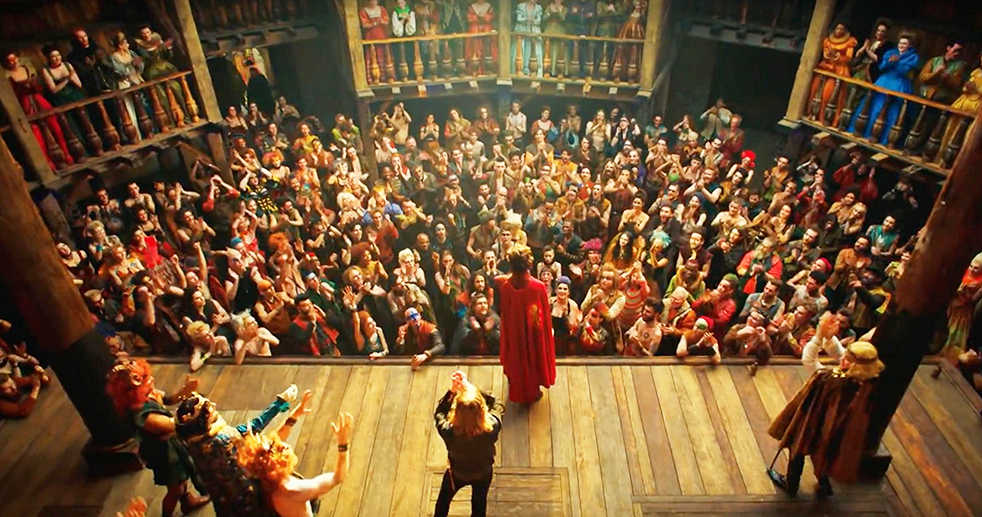Fans of The Bard beware. TNT has deemed William Shakespeare worthy of his own TV series. Ten episodes later, they recanted and cancelled the show.
“Will” follows a destitute country writer seeking his fortune in a big city. Leaving his wife and three children behind, Will Shakespeare (Laurie Davidson, “Vampire Academy”) travels to London with nothing more than his aspiration to be a playwright and a letter to his cousin, a persecuted Catholic priest who sometimes wears a rosary as a necklace.
When this letter is stolen, the second main plot commences as the audience is introduced to Richard Topcliffe (Ewen Bremner, “Black Hawk Down”). He is another historical figure, who has declared war on all Catholics in the name of the Queen.
Meanwhile, despite having stellar actors, James Burbage’s theater is struggling to stay open and is in need of new writing talent. With his quick wit, which is painfully displayed in a local tavern’s pseudo rap battle, and innovative writing style, Will becomes the theater’s savior.
Throughout the show’s ten episodes, the theatre and religion converge on Will’s unwilling character who simply does not want any part of the religious war nor does he wish to conform to accepted practices on the stage.
“Will” is extraordinarily flexible when it comes to accurately portraying history, and its psychedelic color pallet and punk rock music are shockingly out of place in Elizabethan England. Despite the historical accuracy of the show being less credible than reports of a successful snipe hunt, there are sufficient nods to reality to keep the average Shakespeare enthusiast at least grudgingly interested.
At various moments, the characters will spew lines from Shakespeare’s plays verbatim, no matter how out of context or jarring. The entertainment for knowledgeable viewers lies then with guessing which play was just forcibly quoted, as anyone familiar with the English language would be able to identify that those words were not originally intended to be spoken where the show deigned to place them.
“Will” appears to be the result of throwing “The Complete Works of William Shakespeare,” a list of heinous offences committed by 1900’s prisoners and the blog of a cosplaying punk-rock fan into a blender without a lid. The resulting mess on the ceiling then becomes the show’s script. Admittedly, this is quite a unique take on a subject oft labelled boring by innumerable high school students.
Considering that its subject matter is rife with pedophilia, torture, orgies and executions, it would be hard to blame the camera for hiding behind walls, staircases, clothing racks and other assorted obstructions. However, the cinematography for “Will” seems less like a valid artistic choice and more like the consequence of poor planning and sets too small to accommodate the camera crew.
The resulting effect is more akin to the annoyance of an unruly video game perspective than whatever the show’s creators might have been hoping for.
“Will” seemed undecided about itself. One moment, it would extoll Shakespeare’s creative genius or follow a developing romance; the next, it wallowed in the harsh reality of the Black Death or showing the sadism of Topcliffe’s religious crusade. The concept of the show had potential, but it went in so many directions that it overwhelmed itself. For example, Christopher Marlowe (Jamie Campbell Bower, “The Twilight Saga”) searches for an alternative to the Protestant-Catholic divide while working on his mass-recognized play. The subplot has little impact on the show beyond explaining why Bower randomly shows up on occasion.
While plotlines of “Will” could have been better interwoven, each subplot had an adequate conclusion as viewers were left with few questions. Perhaps the most pressing of these was why they had sat through ten episodes of bizarre anachronisms, misplaced Shakespeare quotations and a considerable amount of footage dedicated solely to earning a For Mature Audiences rating.
